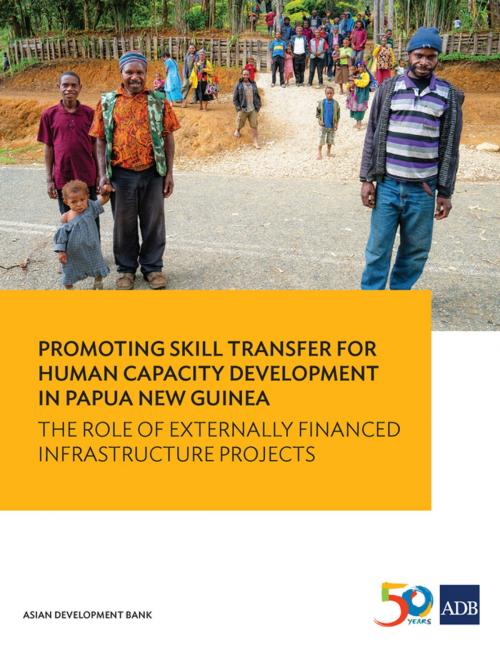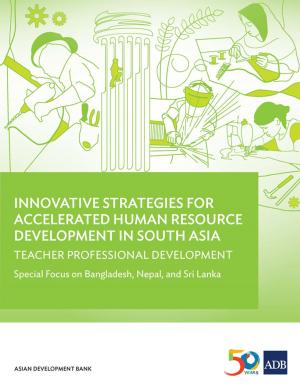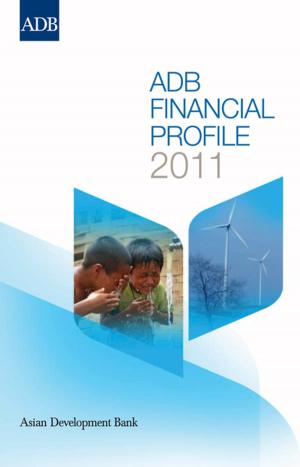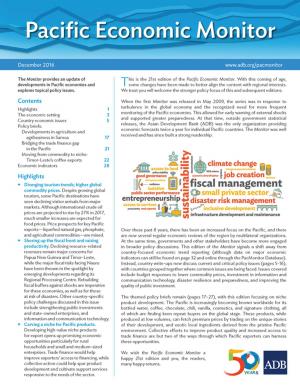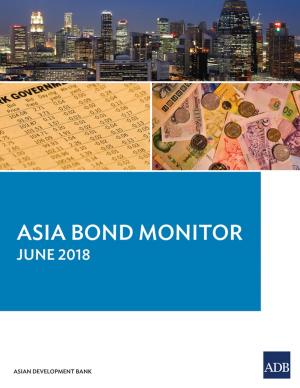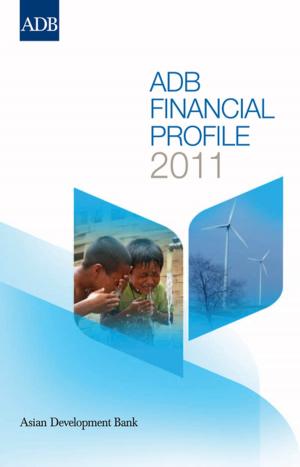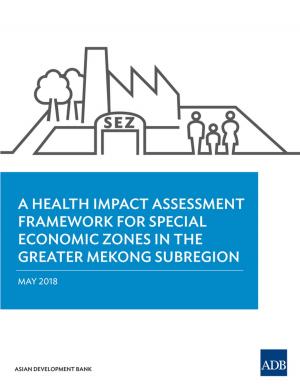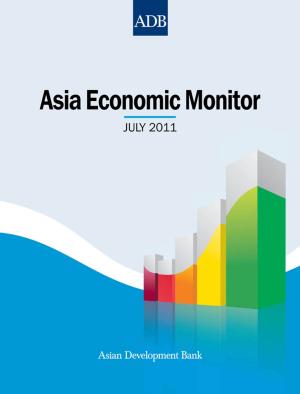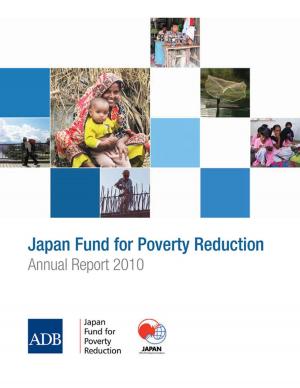Promoting Skill Transfer for Human Capacity Development in Papua New Guinea
The Role of Externally Financed Infrastructure Projects
Nonfiction, Social & Cultural Studies, Political Science, Politics, Labour & Industrial Relations, Business & Finance, Human Resources & Personnel Management, Skills, Entrepreneurship & Small Business| Author: | Asian Development Bank | ISBN: | 9789292578084 |
| Publisher: | Asian Development Bank | Publication: | April 1, 2017 |
| Imprint: | Asian Development Bank | Language: | English |
| Author: | Asian Development Bank |
| ISBN: | 9789292578084 |
| Publisher: | Asian Development Bank |
| Publication: | April 1, 2017 |
| Imprint: | Asian Development Bank |
| Language: | English |
Pacific countries lack workers with construction skills and rely on large firms to import skilled workers for large infrastructure projects. In Papua New Guinea (PNG), for example, the working-age population is estimated to grow by 2.2 million people between 2014 and 2030. The country faces a growing challenge to create work opportunities for its people. This report examines the correlation between skills gaps and labor market efficiency in PNG's construction industry. Using six case studies, the report proposes actionable recommendations for policy makers, development partners, and other stakeholders. Find out how these recommendations---although based on PNG infrastructure projects funded by the Asian Development Bank---may be used by a broader range of stakeholders to address skills gaps across the Pacific.
Pacific countries lack workers with construction skills and rely on large firms to import skilled workers for large infrastructure projects. In Papua New Guinea (PNG), for example, the working-age population is estimated to grow by 2.2 million people between 2014 and 2030. The country faces a growing challenge to create work opportunities for its people. This report examines the correlation between skills gaps and labor market efficiency in PNG's construction industry. Using six case studies, the report proposes actionable recommendations for policy makers, development partners, and other stakeholders. Find out how these recommendations---although based on PNG infrastructure projects funded by the Asian Development Bank---may be used by a broader range of stakeholders to address skills gaps across the Pacific.
